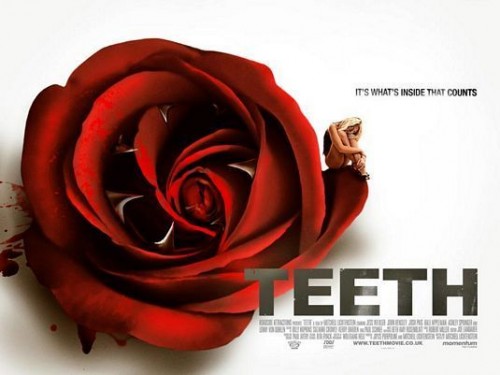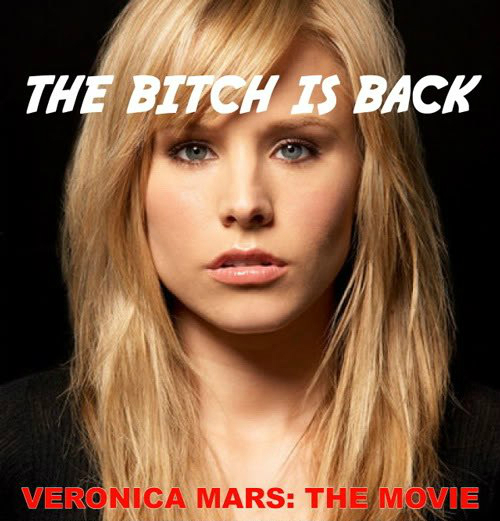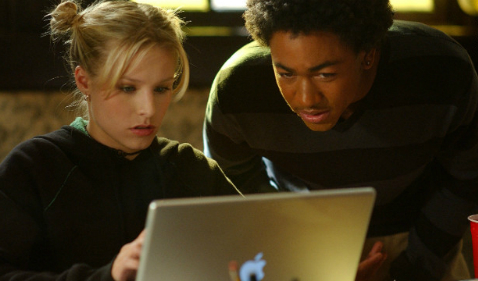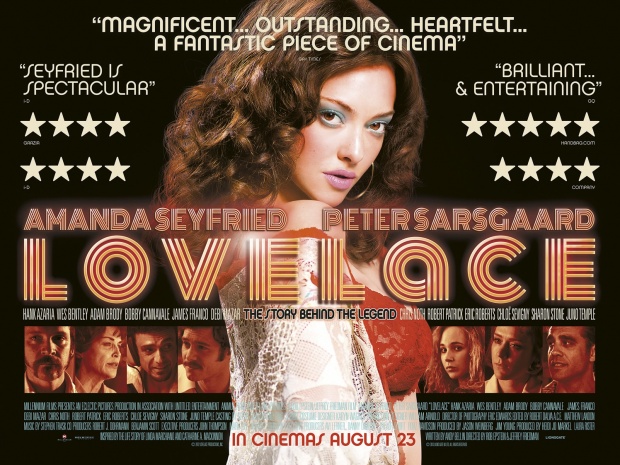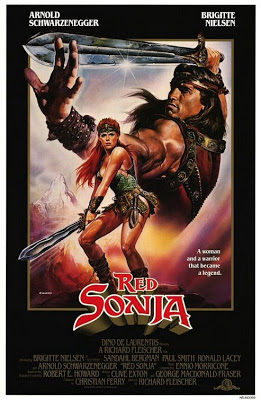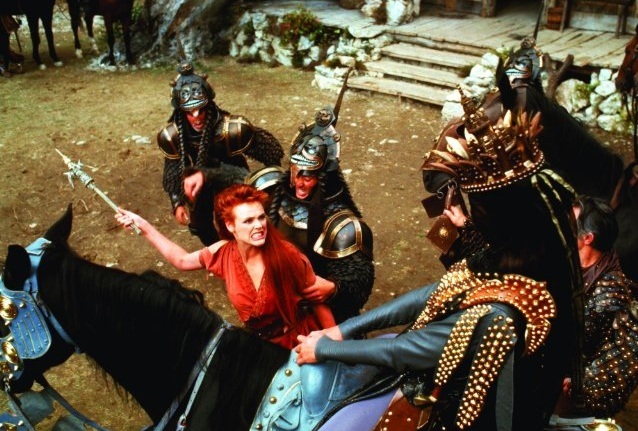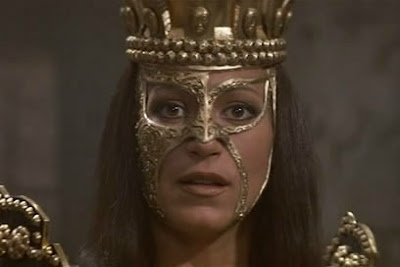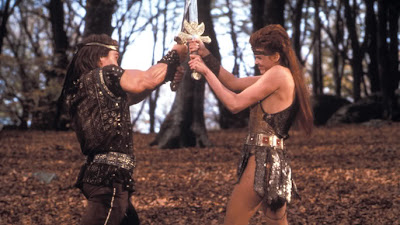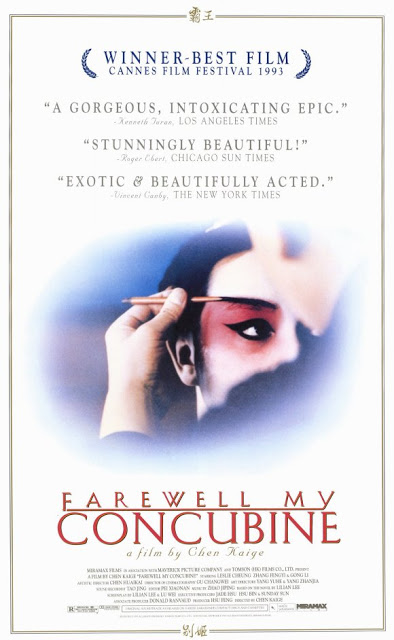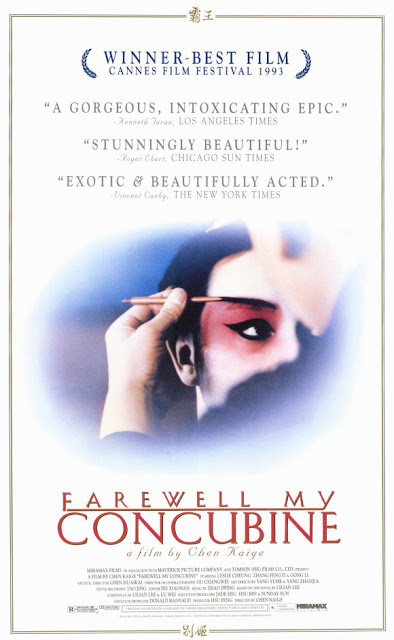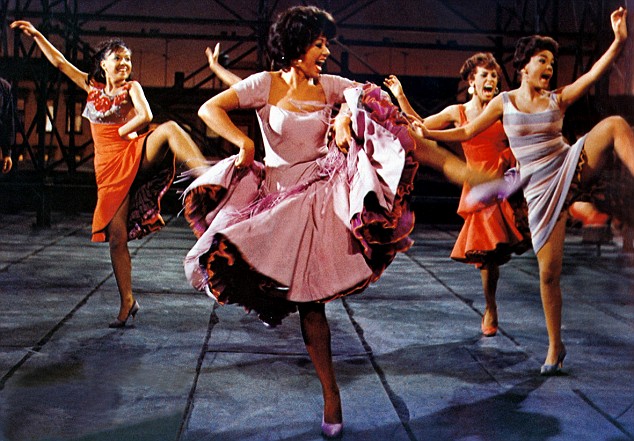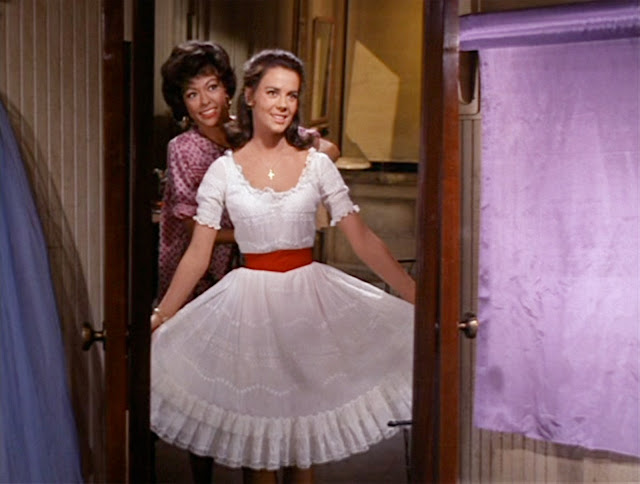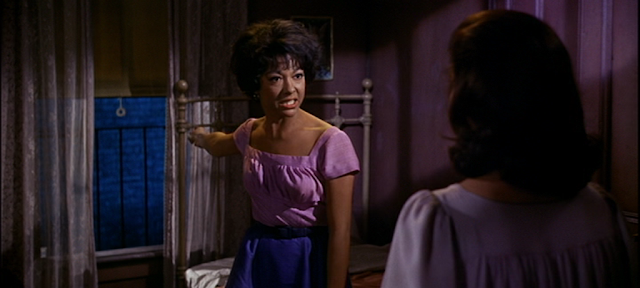So, these are the important things in Sixteen Candles: Samantha’s family forgets her birthday; she’s in love with a hot senior who’s dating Caroline (the most popular girl in school); and there’s a big ol’ geek (Farmer Ted) from Sam’s daily bus rides who won’t stop stalking her. Oh, and Long Duk Dong exists [insert racist gong sound here]. Seriously, every time Long Duk Dong appears on screen, a fucking GONG GOES OFF on the soundtrack. I suppose that lines up quite nicely with the scene where he falls out of a tree yelling, “BONSAI.”
Since the entire movie is like a machine gun firing of RACIST HOMOPHOBIC SEXIST ABLEIST RAPEY parts, the only way I know how to effectively talk about it is to look at the very problematic screenplay. So, fasten your seatbelts and heed your trigger warnings.
The 80s were quite possibly a nightmare.
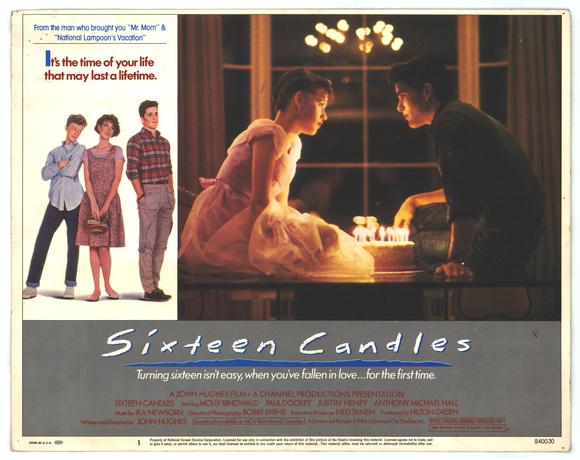 |
| Movie poster for Sixteen Candles |
This repost by Stephanie Rogers appears as part of our theme week on Child and Teenage Girl Protagonists.
Holy fuck this movie. I started watching it like OH YEAH MY CHILDHOOD MOLLY RINGWALD ADOLESCENCE IS SO HARD and after two scenes, I put that shit on pause like, WHEN DID SOMEONE WRITE ALL THESE RACIST HOMOPHOBIC SEXIST ABLEIST RAPEY PARTS THAT WEREN’T HERE BEFORE I WOULD’VE REMEMBERED THEM.
Nostalgia is a sneaky bitch.
I wanted to write about all the wonderful things I thought I remembered about Sixteen Candles: a sympathetic and complex female protagonist, the awkwardness of adolescence, the embarrassing interactions with parents and grandparents who JUST DON’T GET IT, crushing hard on older boys—and yes, all that stuff is still there. And of course, there’s that absolutely fantastic final wedding scene in which a woman consents to marry a dude while under the influence of a fuckload of muscle relaxers. OH WAIT WHUT.
 |
| Ginny Baker getting married while super high |
Turns out, that shit ain’t so funny once feminism becomes a thing in your life.
The kind of adorable premise of Sixteen Candles is that Molly Ringwald (Samantha Baker) wakes up one morning as a sixteen-year-old woman who still hasn’t yet grown the breasts she wants. Her family, however, forgets her birthday because of the chaos surrounding her older sister Ginny’s upcoming wedding; relatives drive into town, future in-laws set up dinner dates, and poor Samantha gets the cold shoulder. It reminded me of the time my parents handed me an unwrapped Stephen King novel on my sixteenth birthday like a couple of emotionally neglectful and shitty assholes, but, you know, at least they REMEMBERED it.
Anyway, she rides the bus to school (with all the LOSERS), and in her Independent Study “class” the hot senior she likes, Jake Ryan, intercepts a note meant for her friend Randy. And—wouldn’t you know it—the note says, I WOULD TOTALLY DO IT WITH JAKE RYAN BUT HE DOESN’T KNOW I’M ALIVE. Well he sure as fuck knows NOW, Samantha.
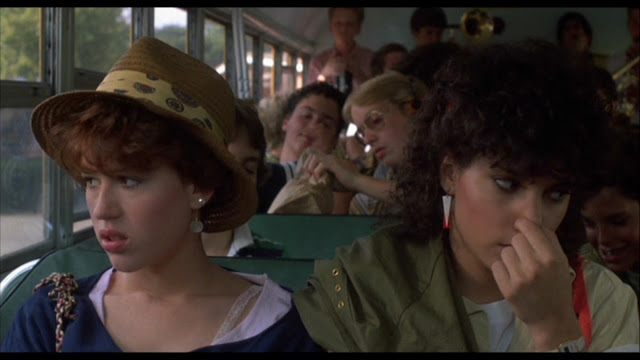 |
| Samantha and Randy, totally grossed out, ride the bus to school |
So, these are the important things in Sixteen Candles: Samantha’s family forgets her birthday; she’s in love with a hot senior who’s dating Caroline (the most popular girl in school); and there’s a big ol’ geek (Farmer Ted) from Sam’s daily bus rides who won’t stop stalking her. Oh, and Long Duk Dong exists [insert racist gong sound here]. Seriously, every time Long Duk Dong appears on screen, a fucking GONG GOES OFF on the soundtrack. I suppose that lines up quite nicely with the scene where he falls out of a tree yelling, “BONSAI.”
Since the entire movie is like a machine gun firing of RACIST HOMOPHOBIC SEXIST ABLEIST RAPEY parts, the only way I know how to effectively talk about it is to look at the very problematic screenplay. So, fasten your seatbelts and heed your trigger warnings.
The 80s were quite possibly a nightmare.
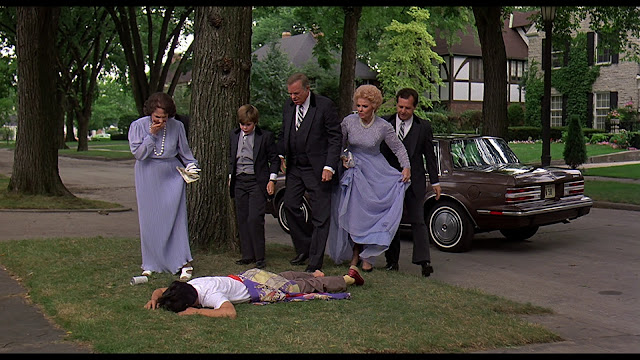 |
| Long Duk Dong falls out of a tree (BONSAI) after a drunken night at the homecoming dance |
The first few scenes do a decent job of showing the forgotten-birthday slash upcoming-wedding fiasco occurring in the Baker household. Sam stands in front of her bedroom mirror before school, analyzing her brand new sixteen-year-old self and says, “You need four inches of bod and a great birthday.” I can get behind that idea; growing up comes with all kinds of stresses and confusion, especially for women in high school who’ve begun to feel even more insecure about their bodies (having had sufficient time to fully absorb the toxic beauty culture).
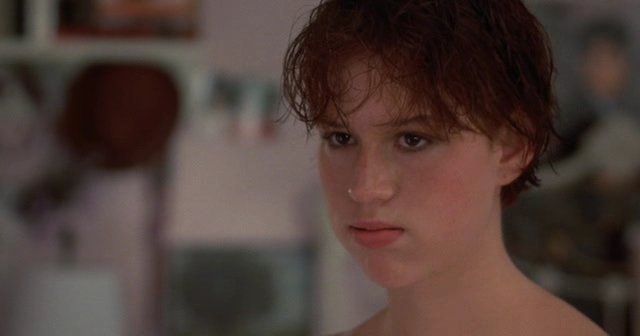 |
| “Chronologically, you’re 16 today. Physically? You’re still 15.” –Samantha Baker, looking in the mirror |
While Samantha laments the lack of changes in her physical appearance, her little brother Mike pretends to almost-punch their younger sister. When he gets in trouble for it, he says, “Dad, I didn’t hit her. I’d like to very much and probably will later, but give me a break. You know my method. I don’t hit her when you’re just down the hall.” It’s easy to laugh this off—I chuckled when I first heard it. But after five seconds of thinking about my reaction, I realized my brain gave Mike a pass because of that whole “boys will be boys” thing, and then I got pissed at myself.
The problem with eye-rolling away the “harmless” offenses of young boys is that it gives boys (and later, men) a license to act like fuckers with no actual repercussions. The “boys will be boys” mantra is one of the most insidious manifestations of
rape culture because it conditions both boys and girls at a young age to believe boys
just can’t help themselves; violence in boys is inherent and not worth trying to control. And people today—including political “leaders”—often use that excuse to justify the violent actions of men toward women.
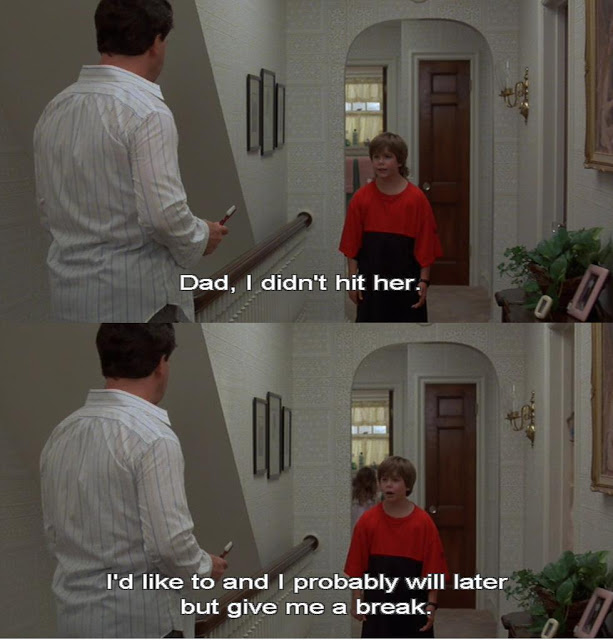 |
| Mike Baker explains to his dad that he hasn’t hit his younger sister … yet |
Unfortunately, Sixteen Candles continues to reinforce this idea throughout the film.
The Geek, aka Farmer Ted—a freshman who’s obsessed with Samantha—represents this more than any other character. The film presents his stalking behavior as endearing, which means that all his interactions with Samantha (and with the popular kids at school) end with a silent, “Poor guy!” exclamation. Things just really aren’t going his way! And look how hard he’s trying! (Poor guy.) He first appears on the bus home from school and sits next to Samantha, even though she makes it quite clear—with a bunch of comments about getting dudes to kick his ass who “lust wimp blood”—that she wants him to leave her alone. Then this interaction takes place:
Ted: You know, I’m getting input here that I’m reading as relatively hostile.
Samantha: Go to hell.
Ted: Come on, what’s the problem here? I’m a boy, you’re a girl. Is there anything wrong with me trying to put together some kind of relationship between us?
[The bus stops.]
Ted: Look, I know you have to go. Just answer one question.
Samantha: Yes, you’re a total fag.
Ted: That’s not the question … Am I turning you on?
[Samantha rolls her eyes and exits the bus.]
POOR GUY! Also homophobia. Like, all over the place in this movie. The words “fag” and “faggot” flood the script and always refer to men who lack conventional masculine traits or who haven’t yet “bagged a babe.” And the emphasis on “Man-Up Already!” puts women in harm’s way more than once.
 |
| Samantha looks irritated when her stalker, Farmer Ted, refuses to leave her alone. Also Joan Cusack for no reason. |
The most terrifying instance of this happens toward the end of the film when Ted ends up at Jake’s party after the school homecoming dance, and the two of them bond by objectifying women together (and subsequently creating a nice little movie template to last for generations). The atrocities involve a very drunk, passed-out Caroline (which reminded me so much of
what happened in Steubenville that I had to turn off the movie for a while and regroup) and a pair of Samantha’s underwear.
This is how we get to that point: After Jake snags Samantha’s unintentional declaration of love during Independent Study, he becomes interested in her. He tells a jock friend of his (while they do chin-ups together in gym class), “It’s kinda cool, the way she’s always looking at me.” His friend responds—amid all that hot testosterone—that “maybe she’s retarded.” (This statement sounds even worse within the context of a film that includes a possibly disabled character, played by Joan Cusack, who lacks mobility and “hilariously” spends five minutes trying to drink from a water fountain. Her role exists as nothing more than a punch line; she literally says nothing.)
 |
| Joan Cusack drinking water (queue laughter) |
 |
| Joan Cusack drinking a beer (queue laughter) |
Jake’s girlfriend, Caroline, picks up on his waning interest in her and says to him at the school dance, “You’ve been acting weird all night. Are you screwing around?”
He immediately gaslights her with, “Me? Are you crazy?” to which she responds, “I don’t know, Jake. I’m getting strange signals.” Yup, Caroline—IT’S ALL IN YOUR HEAD NOT REALLY.
Meanwhile, in an abandoned car somewhere on school premises (perhaps a shop lab/classroom), Samantha sits alone, lamenting Jake’s probable hatred of her after their interaction in the gym where he said, “Hi!” and she freaked out and ran away. Farmer Ted stalk-finds her and climbs into the passenger seat. Some words happen, blah blah blah, and a potentially interesting commentary on the culture of masculinity gets undercut by Ted asking Samantha (who Ted referred to lovingly as “fully-aged sophomore meat” to his dude-bros earlier in the film) if he can borrow her underwear to use as proof that they banged. Of course she gives her underwear to him because.
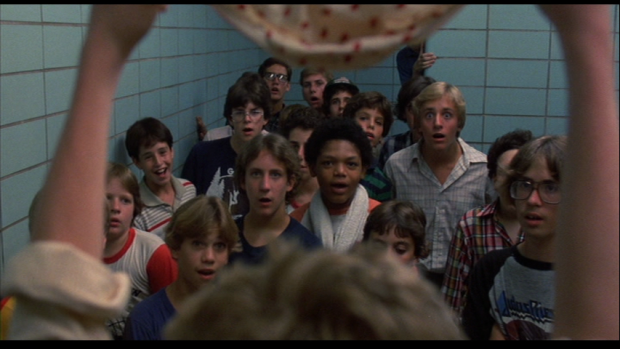 |
| Ted holds up Samantha’s underwear to a group of dude-bros who each paid a buck to see them |
Cut to Jake’s after-party: everyone is finally gone; his house is a mess; Caroline is passed out drunk as fuck in his bedroom; and he finds Ted trapped inside a glass coffee table (a product of bullying). Then, at last, after Jake confesses to Ted that he thinks Samantha hates him (because she ran away from him in the gym), we’re treated to a true Male Bonding Moment:
Ted: You see, [girls] know guys are, like, in perpetual heat, right? They know this shit. And they enjoy pumping us up. It’s pure power politics, I’m telling you … You know how many times a week I go without lunch because some bitch borrows my lunch money? Any halfway decent girl can rob me blind because I’m too torqued up to say no.
Jake: I can get a piece of ass anytime I want. Shit, I got Caroline in my bedroom right now, passed out cold. I could violate her ten different ways if I wanted to.
Ted: What are you waiting for?
C’MON JAKE WHAT ARE YOU WAITING FOR GO RAPE YOUR GIRLFRIEND. Or wait, no, maybe let’s let Ted rape her?
Jake: I’ll make a deal with you. Let me keep these [Samantha’s underwear, duh]. I’ll let you take Caroline home … She’s so blitzed she won’t know the difference.
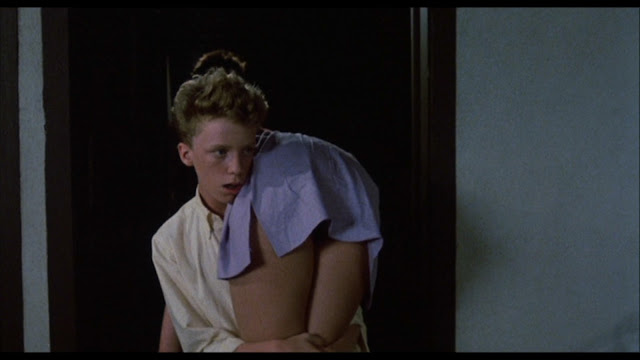 |
| Ted carrying a drunk Caroline to the car |
And then Ted throws a passed-out Caroline over his shoulder and puts her in the passenger seat of a convertible. This scene took me immediately back to the horrific images of two men carrying around a drunk woman in Steubenville who they later raped—and were convicted of raping (thanks largely to social media). This scene, undoubtedly “funny” in the 80s and certainly still funny to people who like to claim this shit is harmless, helped lay the groundwork for Steubenville, and for Cleveland, and for Richmond, where as many as 20 witnesses watched men beat and gang rape a woman for over two hours without reporting it. On their high school campus. During their homecoming dance.
 |
| Jake and Ted talk about how to fool Caroline |
People who claim to believe films and TV and pop culture moments like this are somehow disconnected from perpetuating rape need to take a step back and really think about the message this sends. I refuse to accept that a person could watch this scene from an iconic John Hughes film—where, after a party, a drunk woman is literally passed around by two men and photographed—and not see the connection between the Steubenville rape—where, after a party, a woman was literally passed around by two men and photographed.
 |
| Caroline looks drunk and confused while Ted’s friends take a photo as proof that he hooked up with her |
And it only gets worse. Caroline wakes up out of nowhere and puts a birth control pill in Ted’s mouth. Once he realizes what he’s swallowed, he says, “You have any idea what that’ll do to a guy my age?” Caroline responds, “I know exactly what it’ll do to a girl my age. It makes it okay to be really super careless!”
It makes it okay to be really super careless.
IT MAKES IT OKAY TO BE REALLY SUPER CARELESS.
So I guess the current anti-choice, anti-contraception, anti-woman Republicans found a John Hughes screenplay from 30 years ago and decided to use this cautionary tale as their entire fucking platform. See what happens when women have access to birth control? It makes it okay to be really super careless! And get drunk! And allow dudes to rape them!
Of course, believing that Caroline is raped in
Sixteen Candles requires believing that a woman can’t consent to sex when she’s too “blitzed to know the difference” between her actual boyfriend and a random freshman geek. I mean, there’s
forcible rape, and there’s
not-really rape, right? And this obviously isn’t REAL rape since Ted and Caroline actually have THIS FUCKING CONVERSATION when they wake up in a church parking lot the next morning:
Ted: Did we, uh …
Caroline: Yeah. I’m pretty sure.
Ted: Of course I enjoyed it … uh … did you?
Caroline: Hmmm. You know, I have this weird feeling I did … You were pretty crazy … you know what I like best? Waking up in your arms.
Fuck you, John Hughes.
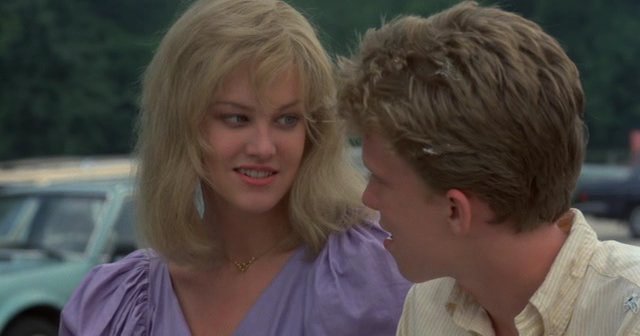 |
| Caroline wakes up, unsure of who Ted is, but very sexually satisfied |
And so many more problems exist in this film that I can’t fully get into in the space of one already long review, but the fact that Ginny (Sam’s sister) starts her period and therefore needs to take FOUR muscle relaxers to dull the pain also illustrates major problems with consent; her father at one point appears to pick her up and drag her down the aisle on her wedding day. (And, congratulations for understanding, John Hughes, that when women bleed every month, it requires a borderline drug overdose to contain the horror.)
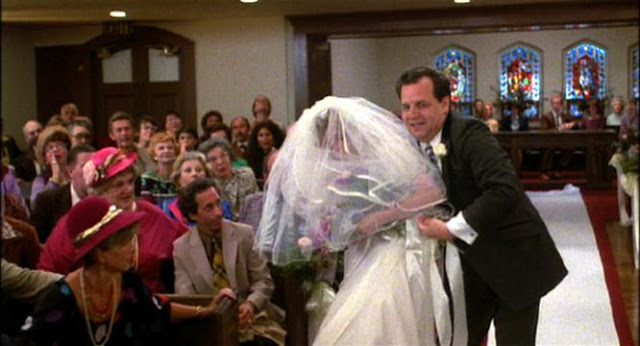 |
| Ginny’s dad drags her down the aisle on her wedding day |
|
The racism, too, blows my mind. Long Duk Dong, a foreign exchange student living with Samantha’s grandparents, speaks in played-for-laughs broken English during the following monologue over dinner: “Very clever dinner. Appetizing food fit neatly into interesting round pie … I love, uh, visiting with Grandma and Grandpa … and writing letters to parents … and pushing lawn-mowing machine … so Grandpa’s hyena don’t get disturbed,” accompanied by such sentences as, “The Donger need food.” (I also love it, not really, when Samantha’s best friend Randy mishears Sam and thinks she’s interested in a Black guy. “A BLACK guy?!?!” Randy exclaims … then sighs with relief once she realizes the misunderstanding.)
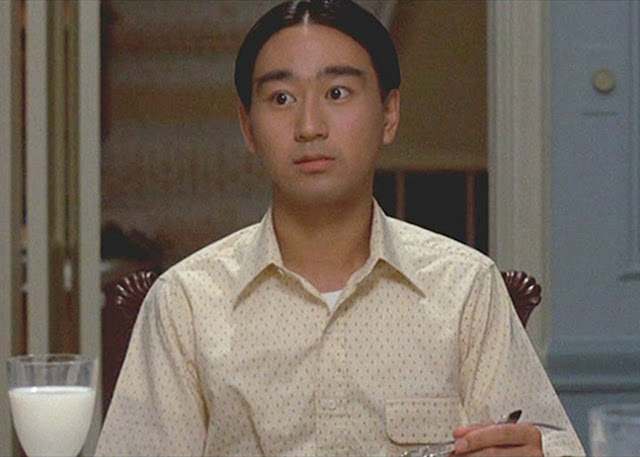 |
| Long Duk Dong talks to the Baker family over dinner |
And I haven’t even touched on the problematic issues with class happening in Sixteen Candles. (Hughes does class relations a tiny bit better in Pretty in Pink.)
I know John Hughes is a national fucking treasure, but please tell me our government officials aren’t using his screenplays as legislative blueprints for the future of American politics.








